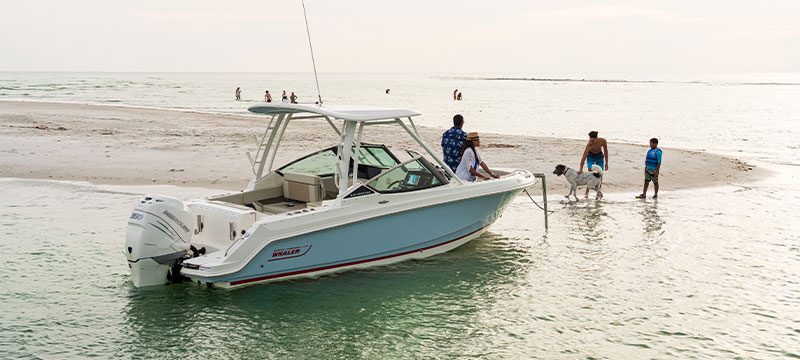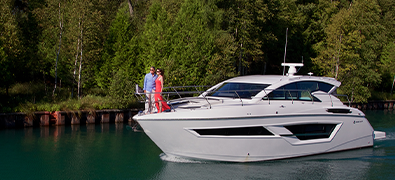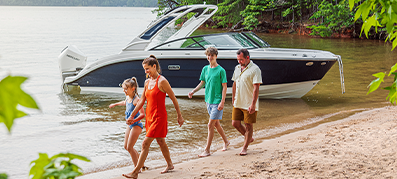Understanding Boat Engine Horsepower: How Much Do You Really Need?
What Is Horsepower, and Why Does It Matter?
Horsepower, in simple terms, is a measurement of an engine’s power output. In boating, it affects three key factors:
- Speed: More horsepower means faster acceleration and higher top speeds. For water sports enthusiasts or thrill-seekers, higher horsepower can be a must-have.
- Fuel Efficiency: While larger engines may offer more power, they can also consume more fuel. Balancing speed and efficiency is key, especially for long-distance cruising.
- Handling and Performance: The right horsepower ensures your boat operates smoothly under varying conditions, including heavy loads or rough waters.
Matching Horsepower to Your Boat Type
Different types of boats have different horsepower requirements. Here’s a general guide:
-
Pontoon Boats
These versatile boats are often used for leisure cruising. They typically require 50-300 horsepower, depending on size and load capacity. -
Fishing Boats
For bass boats and center consoles, horsepower usually ranges from 90 to 300+. It depends on whether you’re navigating small lakes or offshore waters. -
Bowriders and Deck Boats
Popular for family outings and water sports, these boats often need engines ranging from 150 to 350 horsepower. -
Ski and Wake Boats
Designed for towing skiers and wakeboarders, these boats often need high horsepower (200+) to maintain speed while towing. -
Cabin Cruisers and Yachts
Larger boats used for extended trips or luxury cruising may require twin or triple engines, often exceeding 500 horsepower in total.
Key Considerations for Choosing the Right Horsepower
-
Manufacturer's Recommendations
Always refer to the boat manufacturer’s guidelines, which specify the minimum and maximum horsepower for safe operation. -

Your Boating Activities
Think about how you’ll use your boat. Will you be pulling tubes, cruising at high speeds, or enjoying a relaxing ride? -
Weight and Load
Consider the total weight of your boat, including passengers, gear, and fuel. Heavier loads require more horsepower to perform efficiently. -

Water Conditions
Boating on calm lakes differs from navigating choppy coastal waters. Rougher conditions often call for more power to maintain control. -
Budget and Maintenance
Higher horsepower engines come with higher upfront costs, increased fuel consumption, and potentially more maintenance.
-

Pros and Cons of Overpowering or Underpowering
- Overpowering: While a powerful engine might seem appealing, it can make the boat harder to handle, reduce fuel efficiency, and even void your warranty if it exceeds the manufacturer’s recommendations.
- Underpowering: Choosing an engine with too little horsepower can lead to sluggish performance, especially when the boat is fully loaded. This could result in increased wear and tear on the engine over time.
-

Consult the Experts
At MarineMax, we’re here to help you find the perfect engine for your boating lifestyle. Our experienced team can guide you through horsepower options and ensure you choose an engine that matches your boat’s specifications and your needs.
Final Thoughts
Selecting the right horsepower is about more than just speed—it’s about ensuring your boat performs efficiently and safely in every situation. By considering your boat type, activities, and manufacturer’s recommendations, you’ll be well on your way to making an informed decision. Visit your local MarineMax dealership to explore our wide range of engines and boats, and let us help you make the most of your time on the water.

Find Your Perfect Boat Today

Finance Your Boat




